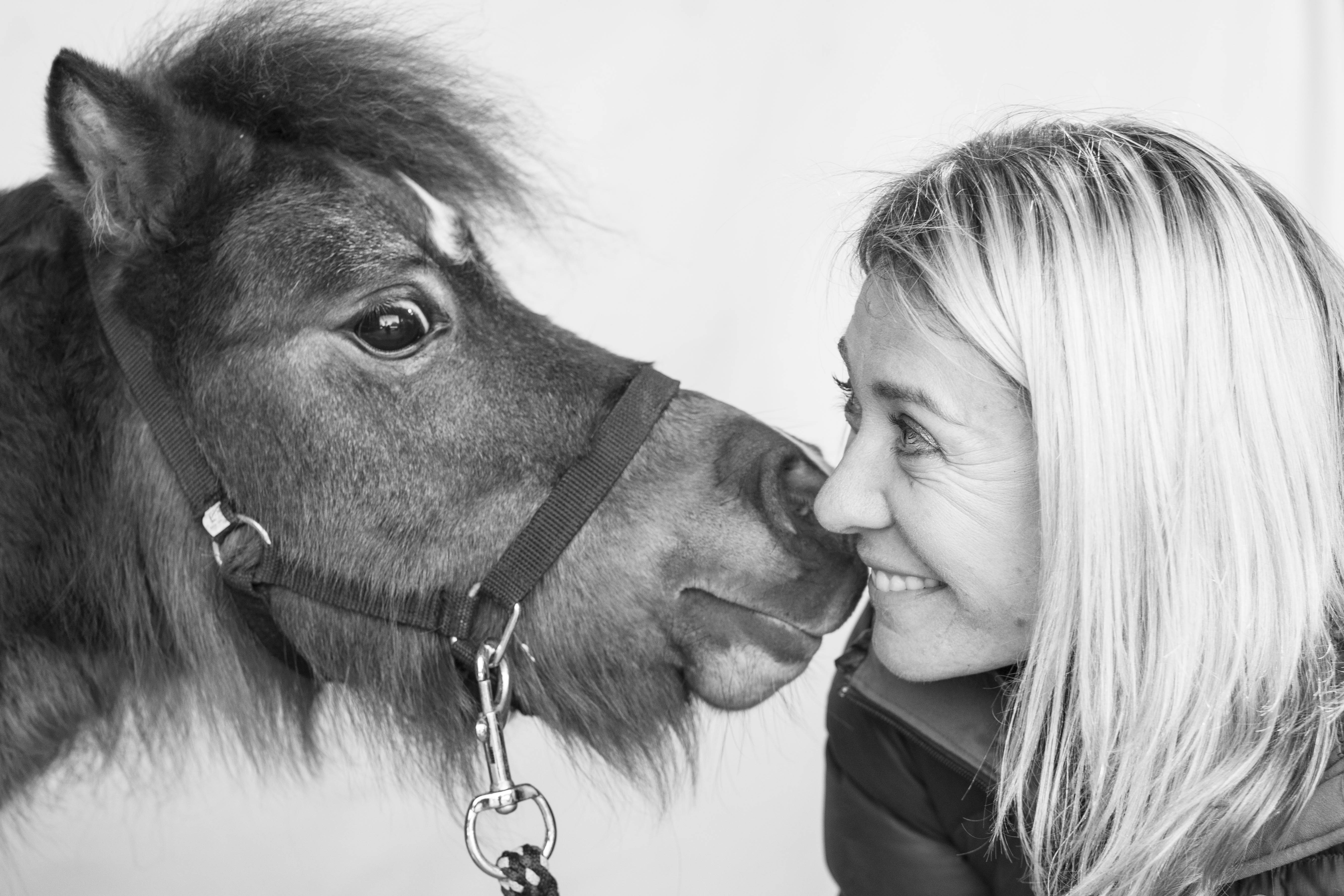Clinical Psychologists are trained in the delivery of a range of evidence based techniques and therapies to treat mental health disorders.
“They are skilled in applying psychological theory and scientific research to solve complex clinical psychological problems requiring individually tailored interventions.” (Australian Psychological Society)
Heads & Tails is a cross theoretical approach to clinical psychology and a form of play therapy. Within sessions, children learn new psychological skills and practice them in real time.
Heads & Tails is:
- Mindful (Awareness based)
- Relational (Relationship/attachment based)
- Trauma-informed(Neuroscience based)
- Developmentally sensitive(understands the trajectory of ‘development’ in relationship)



